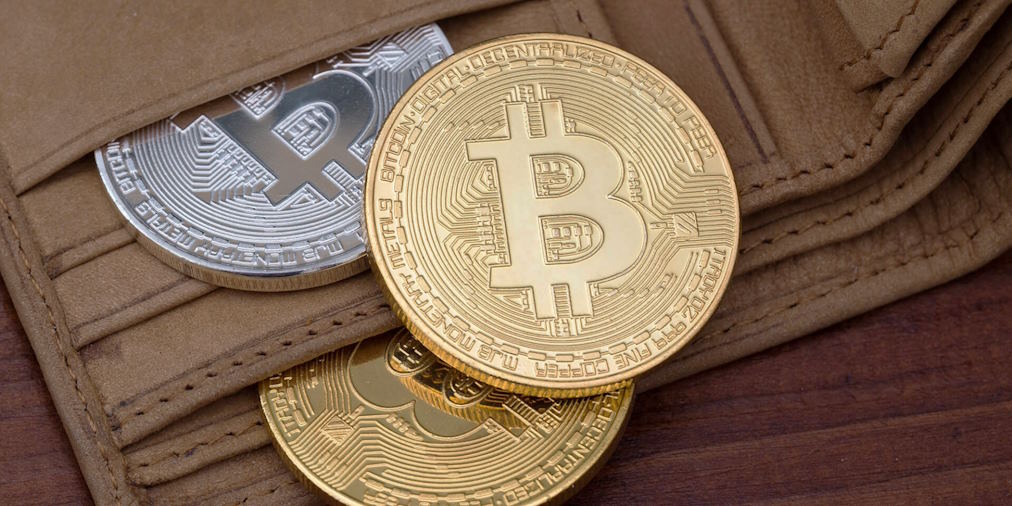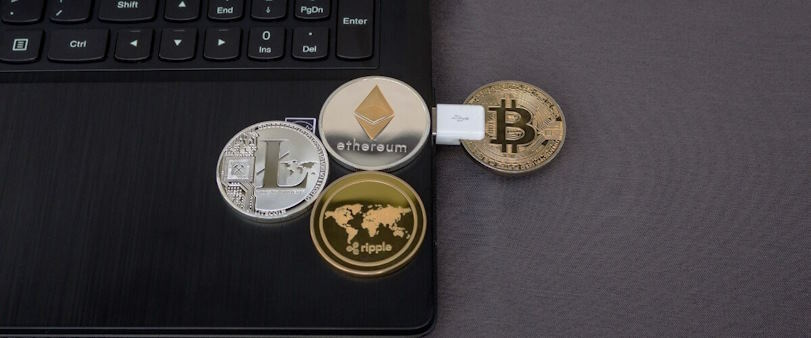As the necessity for reliable crypto storage options intensifies, users face a crucial decision amidst the surging popularity of digital assets: Cold Wallet or Hot Wallet? Each choice presents distinctive features, addressing diverse requirements and preferences in the realm of crypto security.
The main differences between cold and hot wallets
Their differentiation primarily lies in their approach to storing and managing private keys, essential for accessing and controlling your crypto.
Cold ones stand as guardians of private keys, sheltering them in offline seclusion away from the digital realms. This deliberate detachment from the internet serves as a formidable defense, dramatically reducing the peril of cyber intrusions and positioning cold wallets as a fortress of security. Manifesting in tangible forms such as hardware wallets or paper wallets, this option is ideal for scenarios where uncompromising security reigns supreme.
On the flip side, hot wallets maintain a virtual tether to the internet, granting swift and effortless entry to the world of cryptocurrencies. Tailored for the rhythm of daily transactions, these wallets, such as online, mobile, and software variants, offer seamless accessibility. Yet, their virtual existence places them on the radar of potential hacking perils. This underscores the critical need for users entrusting their assets to hot wallets to fortify their defenses with robust security measures.

How to choose between cold and hot wallets?
Choosing between a cold wallet and a hot wallet involves considering various factors, reflecting your unique requirements, preferences, and how you intend to manage your cryptocurrencies.
Regarding security, a cold wallet is preferred for those prioritizing maximum protection. Its offline storage of private keys makes it a robust defense against online hacking attempts, especially suitable for individuals who prioritize the long-term security of substantial cryptocurrency holdings. On the other hand, a hot wallet, connected to the internet, caters to those who value convenience and swift access, making it suitable for regular transactions or immediate needs.
Besides, a cold wallet is ideal if you focus on holding and preserving your cryptocurrency for the long term and anticipate infrequent access. In contrast, a hot wallet suits those actively trading, making frequent transactions, or needing quick access to daily financial activities.
Recognize that the cryptocurrency landscape evolves, and your needs may change over time. Periodically reassess your security requirements, stay informed about advancements in wallet technologies, and adapt your approach accordingly.




